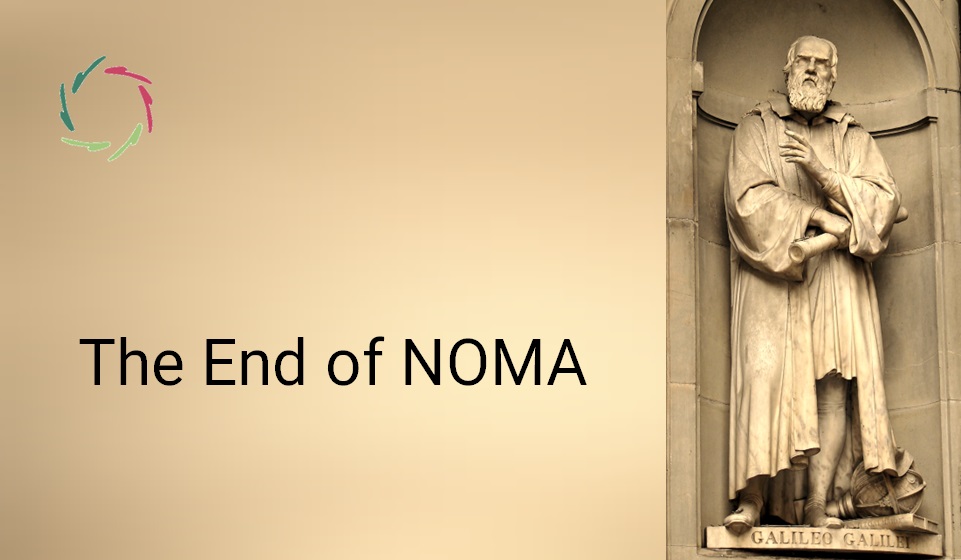Inter-Religious, Deep Down

… instead of an inter-religious ‘dialogue’ that conglomerates only at the surface, while depth is safely kept out of the picture.
Because that is of course no dialogue in the first place.
It’s rubbing-each-other in order to elicit good feelings and putting a nice image to outside. Hidden agendas remain unchanged.
Sorry. No dialogue. Even less than true dialogue.
And what’s the use of that, in the end?
Would any volitional ‘God’ be pleased with that?
No.
God Himself, whether as material or metaphorical reality, asks for depth. This, to me, is completely evident.
So, what does Deep Dialogue need?
Evidently, it needs true depth of all partners.
Dear religious reader, this depth is an ongoing effort. It never stops.
And of course, I know what I’m talking about. I’m a human being, valuing depth very much.
True: I don’t need any specific religion for this. I repeat:
I do not need any specific religion to attain ‘depth’ which I feel to be very re-ligious.
This ‘depth’ is to me extremely valuable.
So, am I an atheist? Is any talking about ‘God’ completely irrelevant to me?
In any case, I think that religious terms are used too superficially by many. Additionally, while thinking to talk about the same things (concepts), each is in fact using them quite differently.
Superficially, they agree.
Deep down? For instance:
< ‘I’ – ‘believe in’ – ‘God’. >
Three seemingly simple elements, at least as they are most frequently used. Yet all three are mind-bogglingly fuzzy.
What do they mean in depth? How can they be used in any communication or dialogue, for instance, between specific religions?
You might say this is just very subtle. Indeed: subtleness means that even small differences are very important. [see: ‘Subtlety’] Especially in a self-declared religious context in which conceptuality is deemed to be of primordial importance:
Is this true or is that true?
Is it such or such (conceptually)?
Such questions are scientific ones and should be answered as such.
They’re not deeply religious ones.
Religion = depth.
Other questions.
Un-answerable questions (conceptually).
Deep questions.
Poetry.
Depth: formless content. [see: ‘Depth is Formless Meaning’]
True inter-religious dialogue
… is an exercise in finding out that this formless content is, well, content.
It’s about feeling (kind of). It’s about religiosity. It’s, for instance, my being-religious.
It may be yours.
It’s Open.


